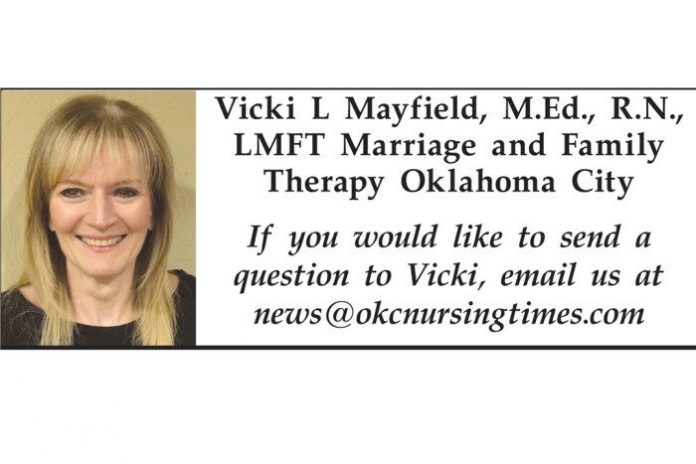Q. I have a friend, Brittany who is in her mid-thirties, divorced twice and very confused about dating. When a man is nice to her she is ready to marry him. How can I get her to slow it down?
–Shannon
A. I suspect there are significant reasons why your friend does not know how to connect with a “nice, kind” man.
(Here is more of Brittany’s story as told by Shannon)
Brittany was raised by her step father who was an alcoholic, mean tempered and controlling. She did not know until early in her 20’s that he was not her biological dad. Her mother told her the story of her conception, perhaps telling too much but Brittany found out that her dad was married and her mother had a one night stand with him.
Brittany sought him out and he was receptive to meeting her. She had hoped he would want to spend time with her and get to know her. But after that first and only meeting they had a few brief phone conversations, then nothing.
Brittany’s mother was very nurturing but also very passive to the men she chose. They did not want Brittany to receive so much attention from her mother because it took away from the time she gave them. (Her mother was very codependent and so was Brittany; they were both starved for love and attention).
Brittany chose men who were like her father. (She was attracted to what was familiar and with no therapy, continued to chose those type of men; her relationships got sicker). The only difference from her mother, Brittany was always the most educated and made the most money. (Her mother only had a high school education, Brittany had a college degree). That gave her control, even if only the illusion of control.
When Brittany actually found a man who presented with caring, respectful behavior she did not know how to receive it. Even the little things she found amazing, for example: Her latest boyfriend made her dinner, was nice to her kids, seemed interested in what she was saying. According to Shannon, Brittany wanted him to move in AFTER ONE MONTH!!!!
Brittany is very wounded from untreated childhood issues that are driving her adult behavior. Until these wounds are understood she will continue to struggle with having a healthy relationship. She looks at her friends who seem to be doing well and believes their husbands must be PERFECT because they treat them so well.
It is very clear from Brittany’s story that childhood trauma can lead to major adult struggles with even knowing what a healthy relationship looks like. So left untreated, there is little hope for the caring, loving, respectful relationship that people are seeking.
Vicki L Mayfield, M.Ed., R.N., LMFT Marriage and Family Therapy Oklahoma City
If you would like to send a question to Vicki, email us at [email protected]













